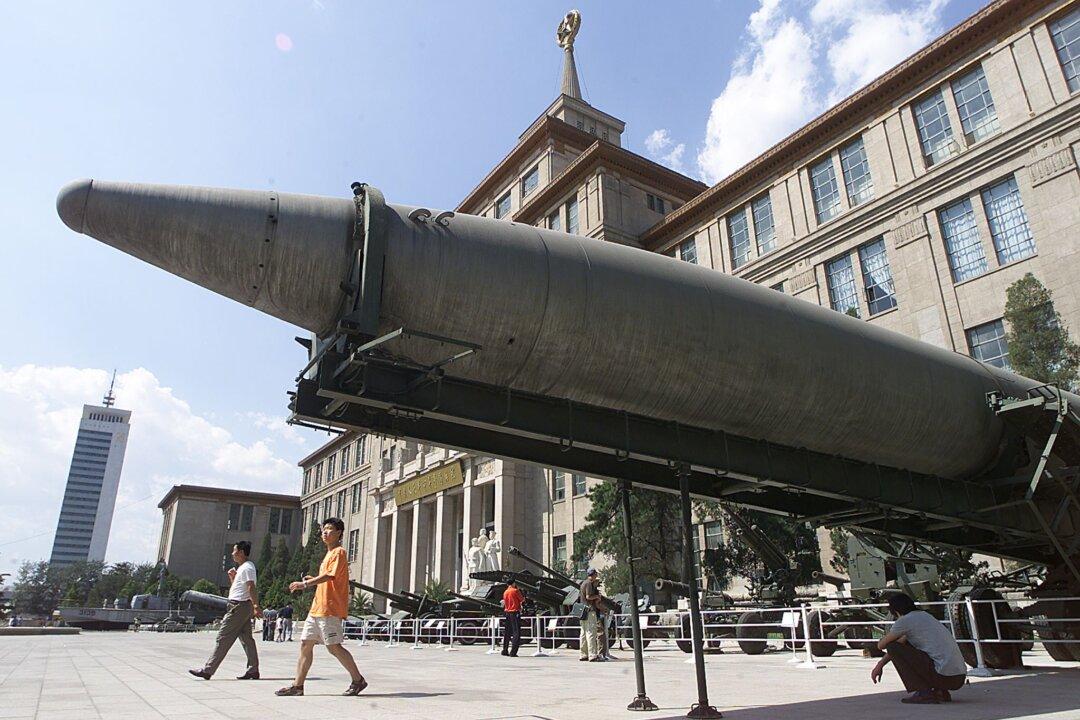The Chinese military mouthpiece recently called on all soldiers to “prepare for war” and be loyal to the Chinese Communist Party (CCP). Some China observers say the move indicates that the leadership in Beijing is asserting its authority as it fears losing control of the People’s Liberation Army (PLA).
The PLA Daily published a commentary on Aug. 6, which stressed that soldiers should learn by heart the speech that CCP leader Xi Jinping gave to the military in November 2022—particularly about focusing on “winning the battle” and being “prepared for war.”




